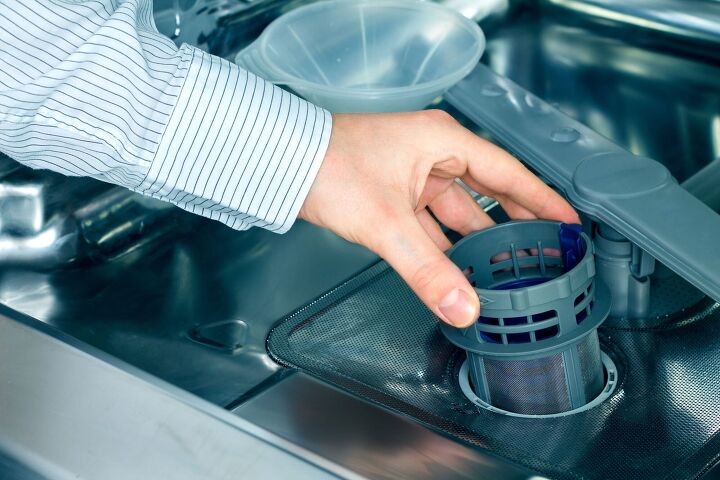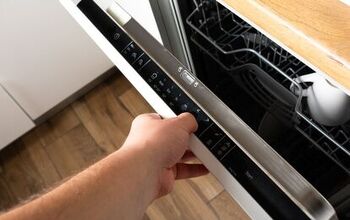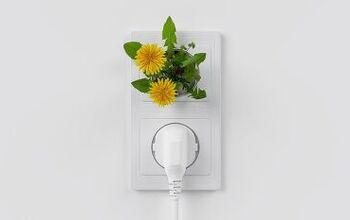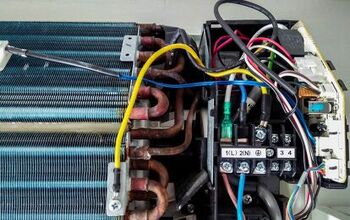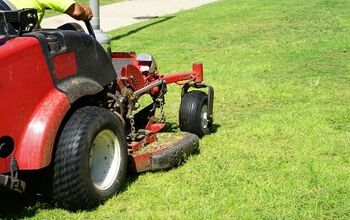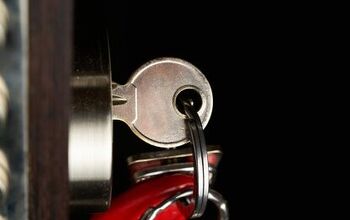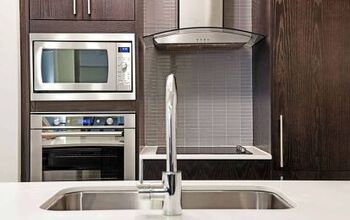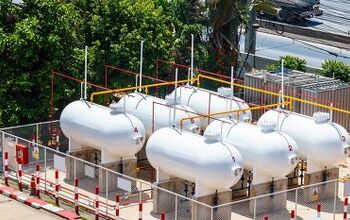Dishwasher Filtration Vs. Hard Food Disposer: Which Is Better?

When you’re shopping for a new dishwasher, a myriad of questions tend to arise. Which brands offer the best performance? Do you need a third rack? Is quiet operation a necessity? While these are some of the most obvious questions that buyers focus, there are a number of features that go unnoticed.
For example, it’s important to know the difference between a dishwasher filtration system vs. a hard food disposer. Initially, most assume that these two features offer unique functions on standard dishwashers, however, they both actually serve fundamentally the same purpose: to purge your dishwasher of food particles.
That said, dishwasher hard food disposers and filtration systems use different methods for cleaning your dishwasher. Continue reading for a comprehensive look at the differences between filter and hard food disposer dishwashers. That way, you can make an informed decision about which is best for you and your dishwashing needs.
Do You Need to Hire a Plumber?
Get free, zero-commitment quotes from pro contractors near you.

How Does a Dishwasher Hard Food Disposer Work?
Dishwashers with a hard food disposer operate similarly to the garbage disposal in your sink. These dishwashers macerate food particles and then clear them out of the water before they can be recirculated into the wash cycle. As such, hard food disposers eliminate the need to clean the filter, making them virtually maintenance-free.
Additionally, hard food disposers also ensure that the dishwasher’s water pipes and spray arms stay free of debris. As a result, dishwashers that feature built-in hard food disposers prevent your drains and pipes from becoming clogged and boast nearly impeccable performance.
How Does a Dishwasher Filtration System Work?
A dishwasher filtration system is the alternative to hard food disposers. Instead of pulverizing food particles, a filtration system collects the particles in a basin that’s located at the base of the dishwasher tub. With more advanced dishwasher models, the filtration system consists of an ultra-mesh filter that basically blends food down to tiny pieces. Then, these pieces are rinsed through the pipes in your kitchen to keep the rest of the wash water clean.
Though, even standard dishwasher filtration systems deliver desirable results. The only drawback is that you have to manually clean the filter, which could be once every few weeks up to a month, depending on how often you use your dishwasher. Although dishwashers with filtration systems are not completely maintenance-free, the cost difference between them and those with built-in hard food disposers make the former a worthwhile trade-off.
Dishwasher Filtration vs. Hard Food Disposer
In order to understand which option is best for your purposes, we’ve broken down filter dishwashers and hard food disposers based on three categories:
- Operation – or how they get rid of food particles.
- Cleaning – pertaining to the process of cleaning the disposer or filter.
- Noise level – meaning how loud or quiet the dishwasher is based on whether it has a disposer or filter.
Let’s take a look at each of these in further detail to make it easier for you to understand the expectations you have for your dishwasher.
Operation
If you or someone in your family prefers to throw their plates straight into the dishwasher without scraping off the excess food, you may be wondering where all that soggy food goes. What happens to the food that’s left on your dishes will depend on the type of dishwasher you have. In fact, this is one of the key differences between a dishwasher with a hard food disposer and a filter dishwasher:
| Hard Food Disposer | – Disposers automatically grind up food in the dishwasher. – Disposers use a chopper to macerate food. |
| Filtration System | – Filters collect food particles in a mesh plug at the base of the dishwasher. – Filters do not grind up food. |
Though filter dishwashers and hard food disposers have unique operating methods, both are efficient. If your choice in dishwasher is based solely on operation, either option will be able to get the job done well.
Cleaning
The purpose of your dishwasher is to wash your dishes so that you do not have to. They are designed to make your life easier. However, if your dishwasher requires you to put in extra maintenance, it may be giving you more of a hassle than it’s worth. With this in mind, here are the differences between cleaning a dishwasher with a filtration system and a dishwasher with a built-in hard food disposer:
| Hard Food Disposer | – Since hard food disposers chop up food into minuscule particles, they are small enough to be cleaned away with the force of water. – You don’t have to empty or clean the disposer. – The disposer prevents food from recirculating into the wash cycle. |
| Filtration System | – Filters need to be cleaned out manually about once a month. – If the filter is not emptied on a regular basis, it will give off an unpleasant odor. It can also reduce water flow and prevent effective cleaning of your dishes. |
As is evident above, the maintenance needs of a dishwasher filtration system and a hard food disposer are very different. If you’re looking for a dishwasher that offers minimal maintenance and easy cleaning, a dishwasher with a hard food disposer is the ideal choice for you.
Noise
Depending on your home situation, you may desire a dishwasher that makes as little noise as possible. When it comes to noise levels, here’s how dishwasher filtration systems and hard food disposers differ:
| Hard Food Disposer | – Disposers contribute to the dishwasher’s operating noise, as the chopper is working to grind up the food particles. – Many users of these dishwashers claim hard food disposers to be very noisy. |
| Filtration System | – Filters do not contribute to the operating noise of your dishwasher. |
While hard food disposers are undeniably effective, they may be an annoyance in your home. However, most manufacturers have listened to buyer complaints about the loud operating noise of hard food disposers and made some improvements:
- Some of the more expensive dishwasher model have hard food disposers with an ultra-fine mesh and no noisy chopper. The pressure of the water forces the food particles through the mesh, which breaks them down further and clears them out of the dishwasher.
- Other models with hard food disposers are designed with enhanced insulation. That way, the extra insulation reduces the noise level that you hear outside of the dishwasher.
Are Hard Food Disposers Necessary?
In your search for the ideal dishwasher, you’ll find that many of the more expensive models come outfitted with a hard food disposer. If you’re still on the fence, here are some of the reasons why you should consider a dishwasher with a hard food disposer for your home:
- Ideal for those who don’t scrape off their plates. With a hard food disposer, you no longer have to worry about making sure your plates are scraped off before you throw them into the dishwasher. The hard food disposer turns food into miniscule particles and then flushes them out of the appliances.
- No more clogged pipes. While a standard dishwasher may be able to flush some food out of the appliance, your pipes are eventually going to get clogged. This happens because normal dishwashers don’t break down food into tiny particles. With a hard food disposer, food is ground up so small that there’s no risk of clogging your plumbing.
- Effectively cleans dishes. There’s nothing more annoying then unloading your dishwasher and finding food still stuck on your tableware. A standard dishwasher will only clean your dishes with the dishwasher detergent, but hard food disposers are designed to also remove food scraps.
Do You Need to Hire a Plumber?
Get free, zero-commitment quotes from pro contractors near you.

Final Thoughts
Ultimately, the choice between a dishwasher filtration system and a dishwasher with a hard food disposer comes down to whether or not you mind a little maintenance here and there. Though, if your expectation is for your dishwasher to do it all for you, a hard food disposer is the way to go.

Jessica considers herself a home improvement and design enthusiast. She grew up surrounded by constant home improvement projects and owes most of what she knows to helping her dad renovate her childhood home. Being a Los Angeles resident, Jessica spends a lot of her time looking for her next DIY project and sharing her love for home design.
More by Jessica Stone



